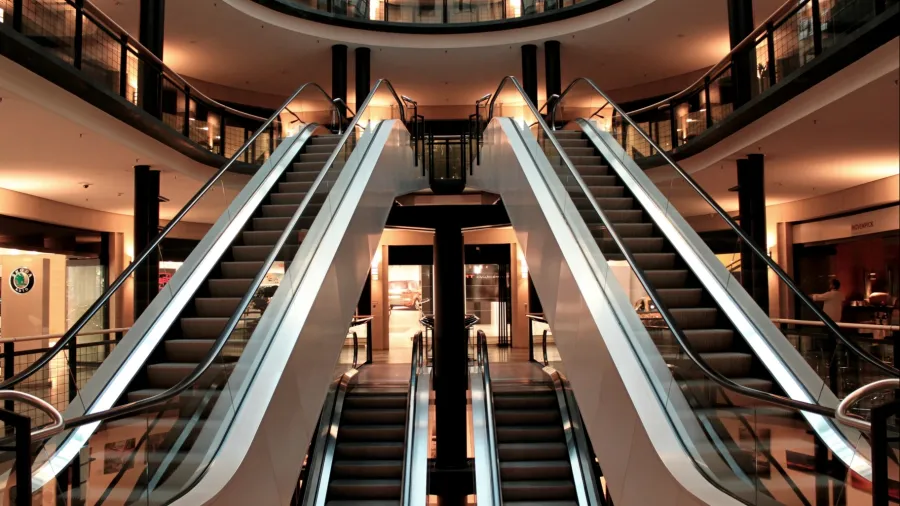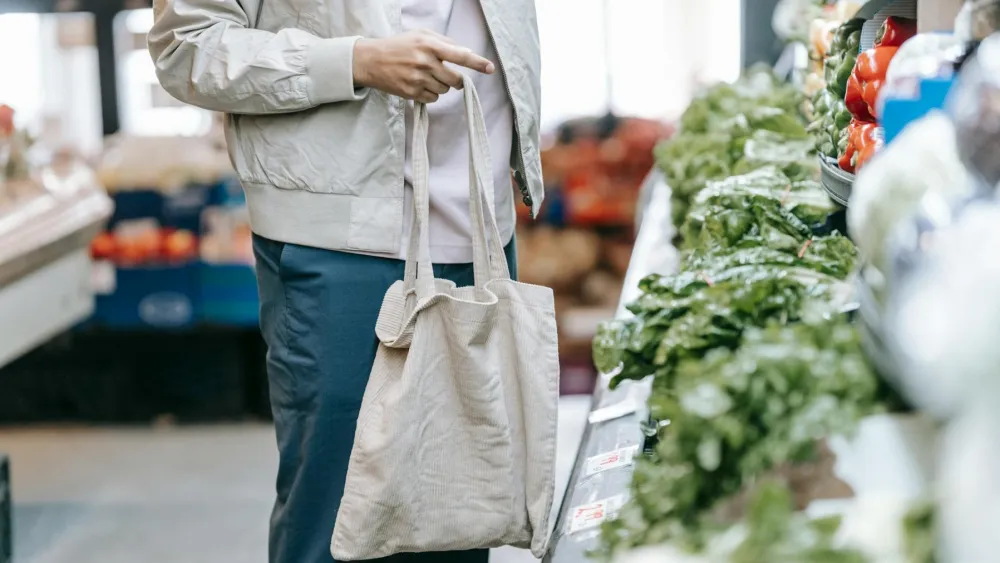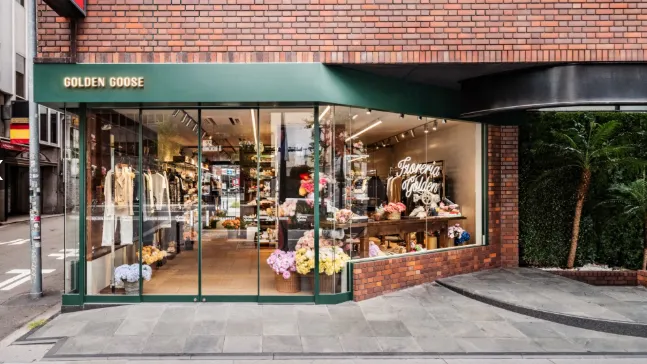
Luxury retailers to expand China offerings to other festivals: report
Retail sales in the country have generally been stronger during cultural festivities.
As luxury retail brands continue to establish themselves in the Chinese retail market, the sector is expected to expand their offering in the East Asian country to other local cultural festivals to benefit from the boost in post-pandemic retail, according to a report from Fitch Solutions.
The major cultural festivals in China include the Mid-Autumn Festival typically in September of each year, Qixi in August every year, and the Dragon-Boat Festival every June.
“High-frequency data from the pre-pandemic years of 2018 and 2019 reveal that retail sales in China tend to see strong growth in the months when cultural festivities take place. Certain brands are already ahead of the curve, with a strong understanding of local festivities,” Fitch said in a report.
The retail landscape in Mainland China is expected to start recovering in 2023, despite lingering headwinds from 2022. But the recovery is expected to take a bumpy ride over Q1 as rising infection rates cause people to stay indoors, whilst businesses are shuttered due to large portions of staff reporting sickness.
READ MORE: Luxury sales in China to rebound to 2021 levels this year
Total retail sales dropped by 1.8% y-o-y in December 2022, which was the third consecutive month of retail sales contraction, although consumer confidence has remained relatively stable despite also being on a slight downtick, said Fitch.
“However, the economy should start to stabilise from Q223 as the Covid-19 wave subsides, and it should see a sustained recovery thereafter, with growth underpinned by pent-up demand and base effects,” the report stated.
Luxury shopping is also expected to see one of the most prominent revivals over the medium term, after it took a hit as discretionary spending categories tended to be the first that consumers pivot spending away from in times of economic uncertainty.
Luxury shopping has a foothold in the Chinese market as the rise of the Chinese middle class and high-income households makes the country a lucrative market for luxury brands, Fitch said.
Luxury retailers have also been stepping up efforts to retain Mainland Chinese consumers, particularly their highest-spending clients since the pandemic began in China, the report added.
“Indeed, many brands are optimistic about their growth in the Chinese market over 2023. Celine, Marni, BlancPain and Chaumet all expanded their retail footprint by opening their first stores in Zhengzhou, one of the wealthiest interior cities in China.” Fitch said.



















 Advertise
Advertise






